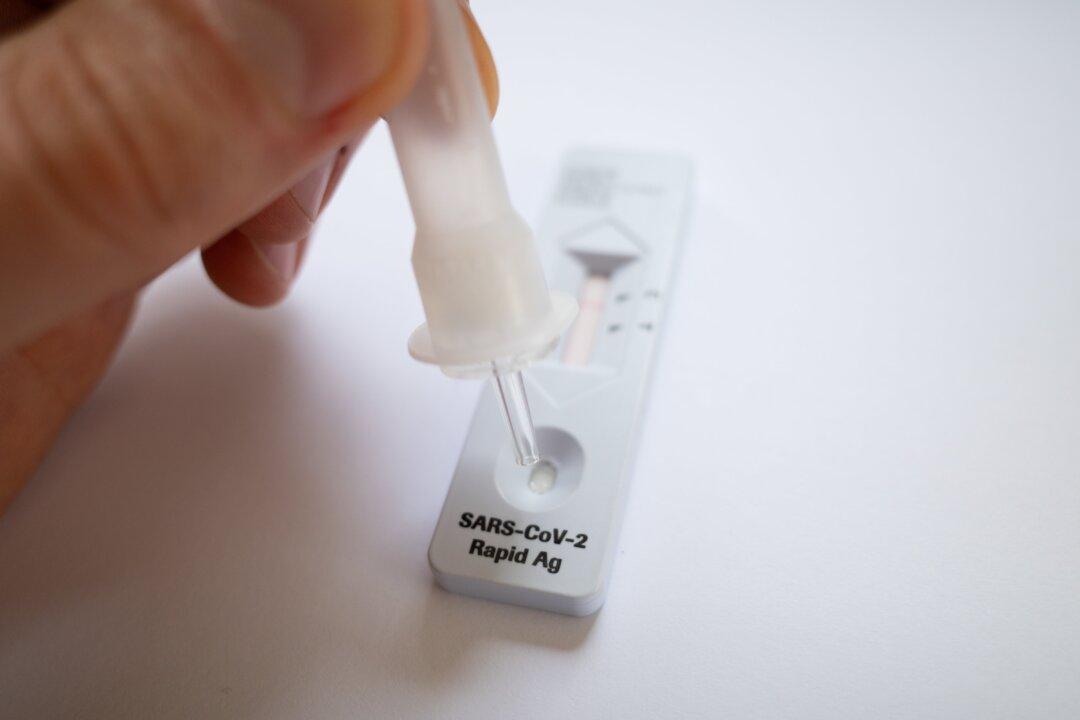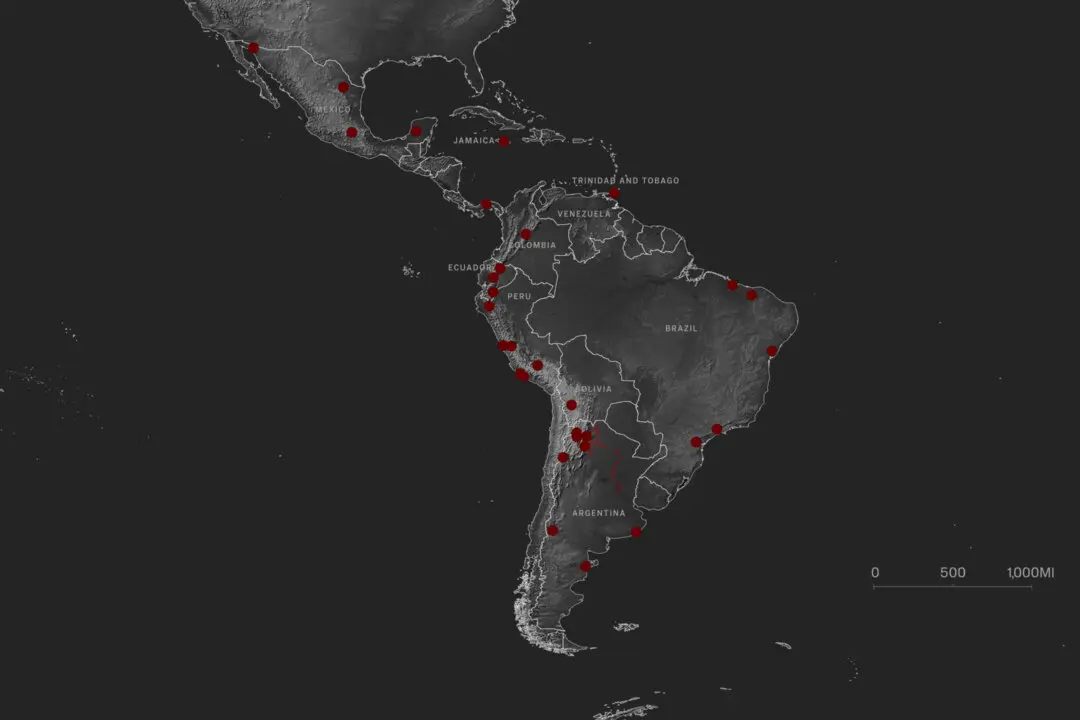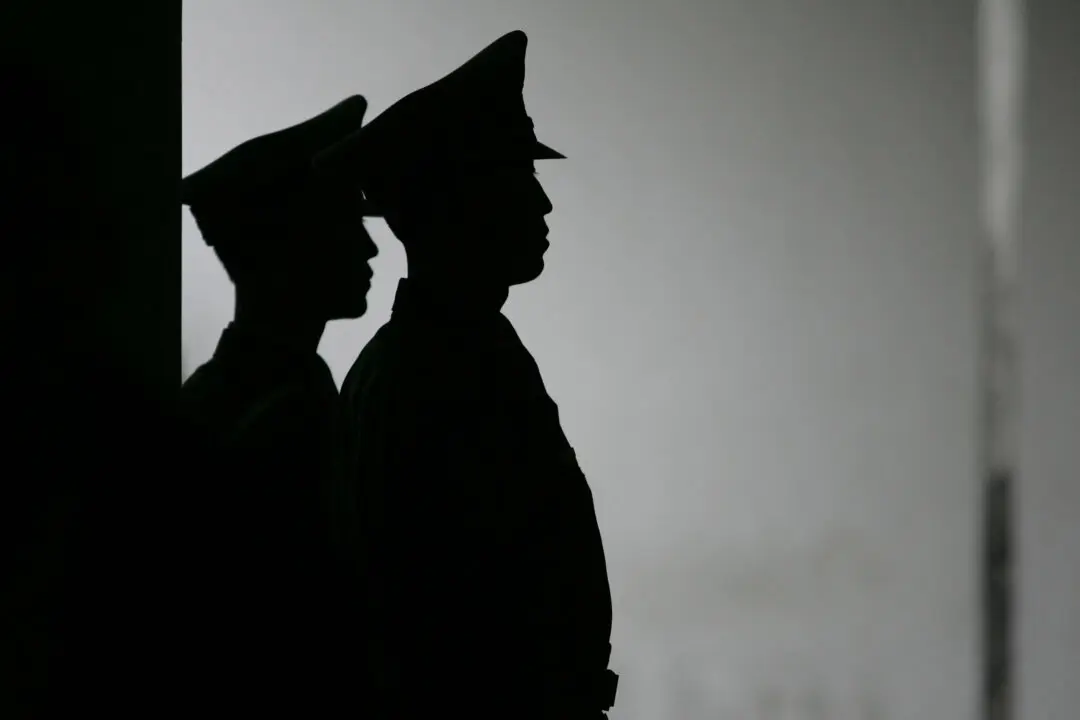Early in the COVID-19 pandemic, when front-line medical workers in the United States were desperate to acquire crucial medical gear and supplies, a Texas-based mobile health company paid about $500,000 for 100,000 antibody test kits from China—the only place at the time that was selling the much-needed products.
But the kits, which were supposed to fill orders from the U.S. military and state customers, never went further than the warehouse where the products were delivered before July 2020.





